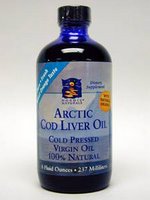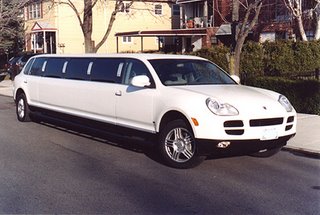
I know that I, and my friends, have a miniscule chance of being killed in a car accident. We’re more likely to breathe our last breath as a tumor squeezes our vital organs, or perhaps our hearts will beat psychotically until they explode.
But breaking our necks in a high-speed impact? Not too likely. It could happen, but probably not.
Yet nothing matters more to me when buying a car.

Cars are what I know, just like a cardiologist knows how to take care of a heart,

or an oncologist knows how to keep his cells from mutating into microscopic murderers. Is the cardiologist justified in eating nothing but tofu and jogging three hours a day? Or the oncologist when he consumes cod liver oil garnished with vitamin pills? Or me… when I pressure everyone I know to buy the safest cars they can afford?

Our perception of danger has less to do with its real probability and more with how much we know about it. When I’m in a car that I know is unsafe, I’m nervous. At every intersection, I assess my chance of survival if the approaching car ignores the stoplight and slams into me—because unlike most people, I know enough about safety to make that assessment. Though the chance of a crash is miniscule, the possibility distracts me. And when it’s time to shop for a car for myself (or my girlfriend), I treat the possibility as a certainty.
But you know something? It actually happened. A twit in a Jeep wrecked Michelle’s car—a car we had chosen because we knew it was safe. And now, we can’t imagine buying an unsafe car. Maybe I’m like a guy who survived a lightening strike and has decided to wear 12-inch rubber soles. People’s brains are easily scrambled by experience.
http://unix.rulez.org/~calver/video/mercedes_safety.mpeg
It’s not crazy, though. It’s just how we work.






